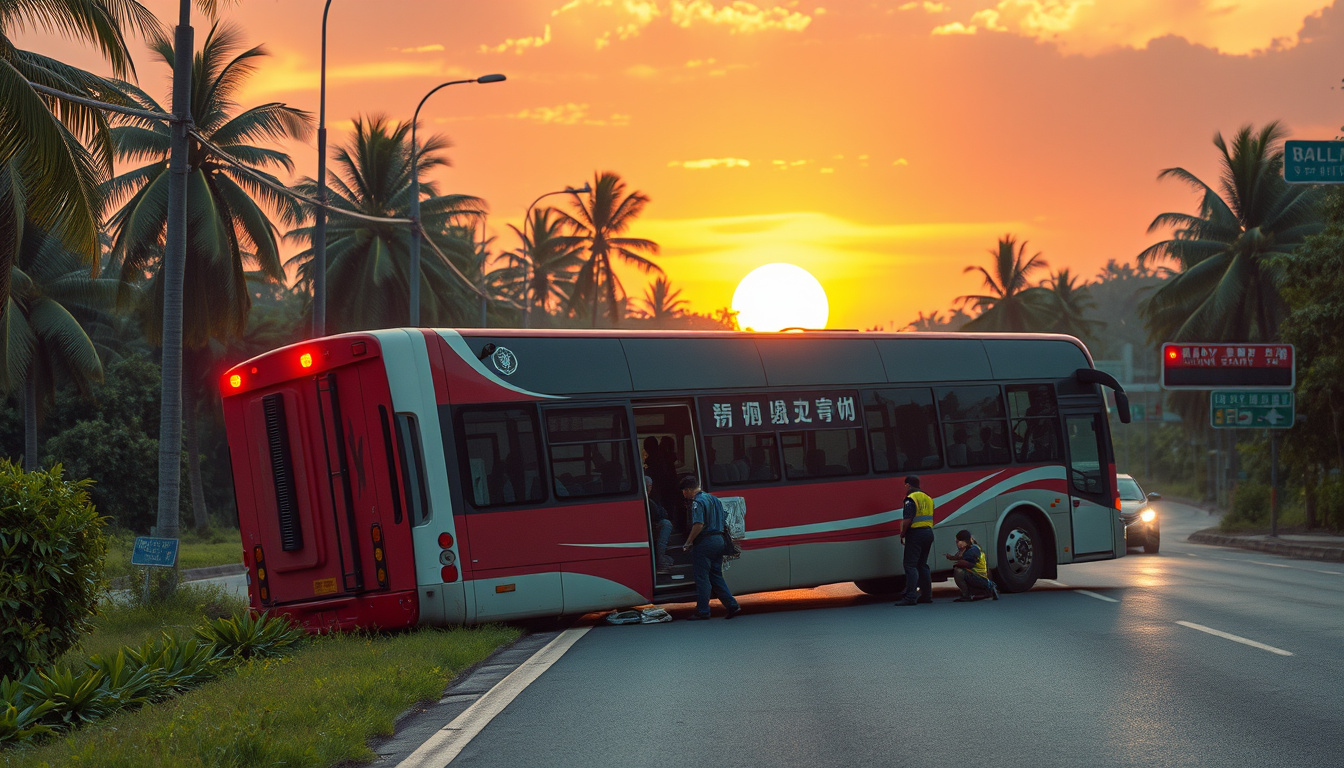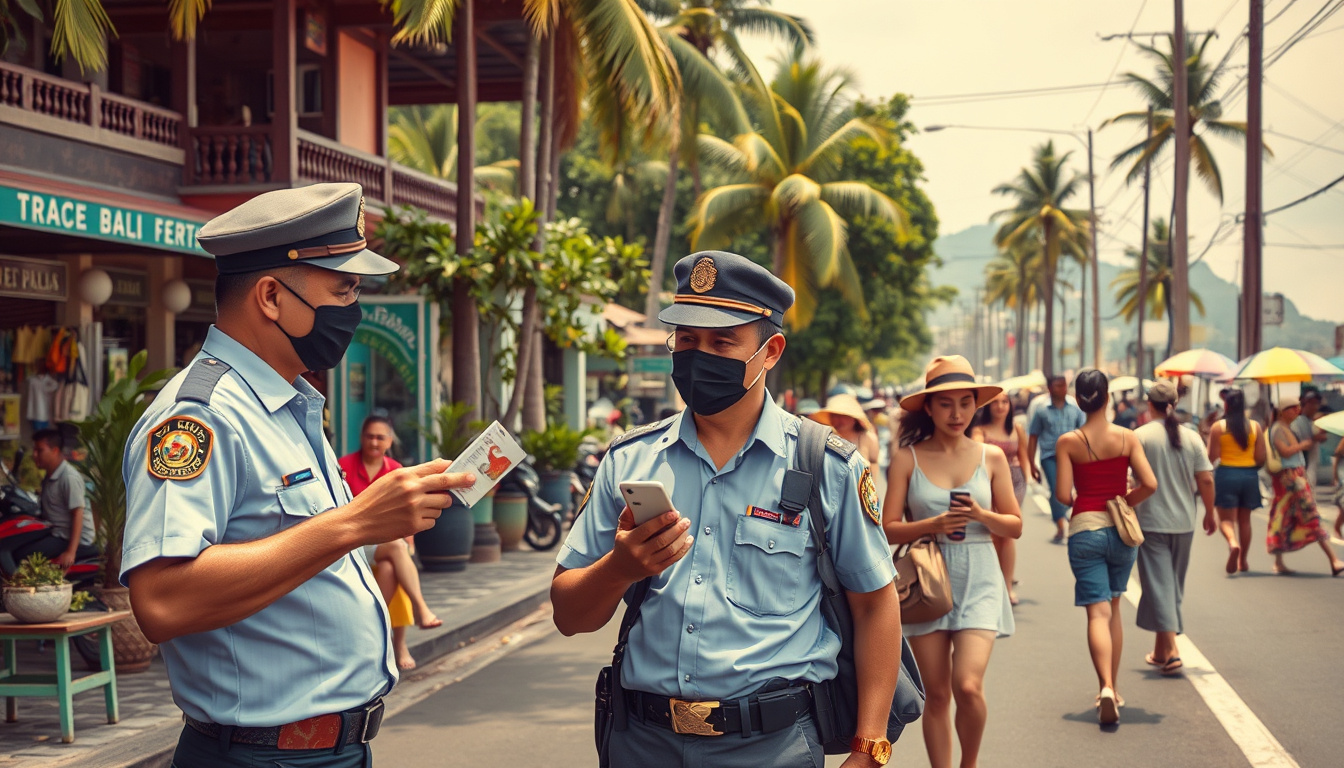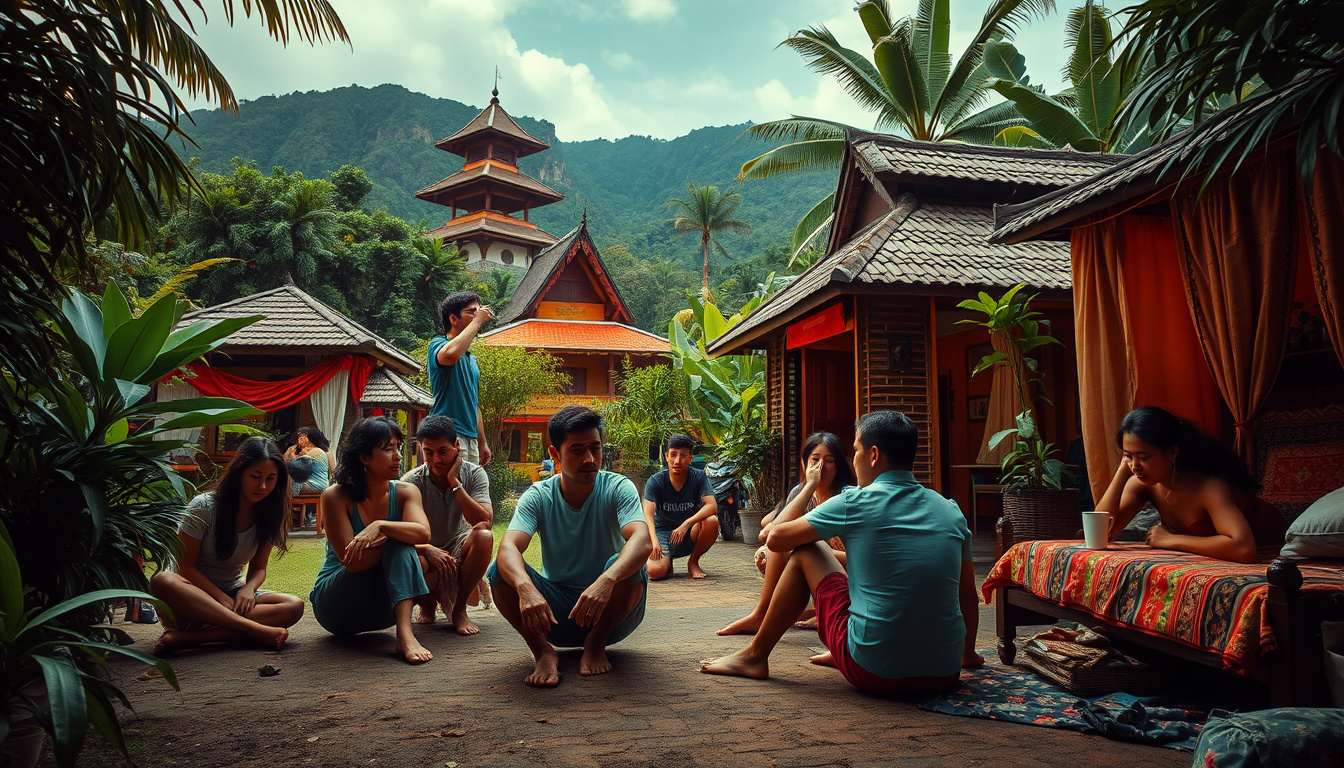Why Bali is Implementing a Moratorium
Starting in early October 2024, Bali will impose a moratorium on the construction of new hotels, villas, and nightclubs, as declared by the Indonesian Minister of Tourism and Creative Economy, Sandiaga Uno. This new policy aims to address multiple challenges the island faces due to rapid tourism development. Key among these reasons is the need to protect Bali’s agricultural land from unrestrained development, which threatens not only the island’s environment but its cultural heritage as well. The government hopes this measure will counter the negative impacts of current tourism trends.
The government’s decision also arises from infrastructure challenges. Traffic congestion has become a common complaint, especially in Bali’s most frequented areas. By implementing the moratorium, authorities intend to ease the strain on local roads and transport facilities. This pause in new developments is anticipated to provide much-needed breathing room for improvement and expansion of existing infrastructure.
The duration of the moratorium ranges between 3 to 5 years, but it could extend up to a decade depending on its early success. Officials will reassess after the initial period and decide whether further extensions are necessary to achieve the desired objectives. The hope is that this timeline will allow the island to recuperate from the rapid pace of tourism growth it has faced in recent years.
Implications for Bali’s Future
The moratorium will primarily affect Denpasar, Badung, Gianyar, and Tabanan—regions that have witnessed the most intense development. In contrast, the northern, western, and eastern parts of Bali will be exempt from this restriction, providing opportunities for growth and development in areas less saturated with tourists. This strategic geographical focus aims to balance tourism benefits across the island.
Besides spatial management, the moratorium targets cultural and environmental concerns. Bali’s culture has endured strain from increased tourism, evident in various instances of tourists’ inappropriate behavior. The local ecosystem also suffers from pressures of overbuilding and high tourist traffic. The government hopes this pause will preserve Balinese cultural integrity and enhance environmental sustainability.
The moratorium is expected to influence the real estate market significantly. New construction halts in designated zones could drive up housing prices, as demand surpasses availability. Meanwhile, developers are racing to complete luxury hotel projects before the moratorium fully takes effect, marking possibly the last wave of such developments until the restrictions are lifted. This critical move presents both challenges and opportunities as Bali seeks to balance economic prosperity with cultural and environmental consciousness.











Add a comment